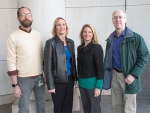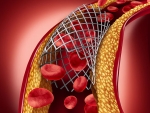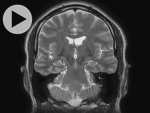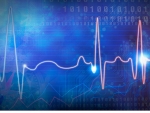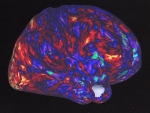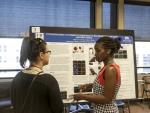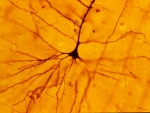Displaying items by tag: neuroscience
- neuroscience
- release
- department of neurobiology
- department of radiology
- department of physics
- department of chemistry
- department of neurology
- department of vision sciences
- department of psychiatry and behavioral neurobiology
- department of ophthalmology and visual sciences
- civitan international research center
- optogenetics
- college of arts and sciences
- school of medicine
UAB researchers release new research findings on effect of CBD oil at national Epilepsy Society Meetings
UAB and partners launch the PREVeNT study, aimed at preventing the onset of seizures in children with tuberous sclerosis.
Computing challenges are found across the UAB campus, from physics and neurology to genetics and the microbiome. Alabama’s most advanced supercomputer is now at UAB, making it possible to solve these challenges.
A UAB study that is the first of its kind found that a tiny RNA — miR-124-3p — appears to play a role in producing major depression.
This NIH-funded conference is part of UAB’s effort to engage and retain neuroscience graduate students from underrepresented ethnic and racial groups across the United States.
UAB-developed technology supports a globe-spanning partnership that links pediatric neurosurgeons at UAB and Children’s of Alabama with those in Vietnam to enhance epilepsy care for Vietnamese children.
